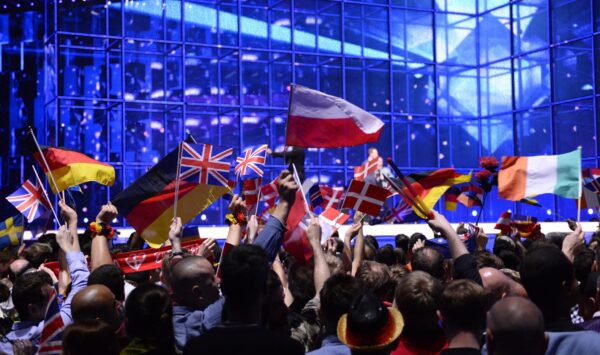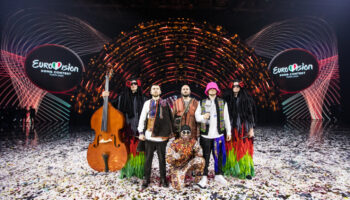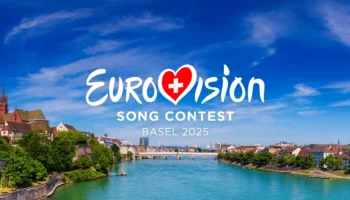The viewing figures for this year’s contest are out! A total of 182 million people switched on and viewed the 3 live 2017 Eurovision Song Contest events earlier this month, reaching markets from across 42 nations.
The European Broadcasting Union (EBU) has today confirmed that a total of 182 million people watched the 2017 Eurovision Song Contest over the course of the 3 live events, with figures having dropped from 2016 following Russia’s withdrawal from and lack of coverage of the competition.
Online popularity continues to rise
Despite a drop in figures from 2016, a rise was seen in online viewing figures from the official Eurovision YouTube channel, with more than double the amount of views being counted from 2016. In total, 6 million live streaming sessions were counted from online views from the 3 live events across 233 territories.
Once again, the highest viewing shares of this year’s Eurovision Song Contest were delivered by Iceland and RUV which saw a gobsmacking 98% of the nation tuning in to this year’s contest.
Viewing figures continued to rise in numerous countries across the participating nations including Bulgaria, Italy, Germany and Ukraine, as well as in the winning 2017 country of Portugal.
Noted numbers recorded
- 1.4 million viewers (32.5% share) on average were recorded in Portugal, which saw the nation gaining their first and only Eurovision victory to date with Salvador Sobral
- Views across Bulgaria reached its highest audience to date, with 650,000 views (39.4% share) on average being recorded
- Since returning in 2011, Italy’s viewing figures reached its best audience with Francesco Gabbani’s participation, recording 3.6 million views on average
- Germany’s figures continue to rise as they have done on a yearly basis, reaching 7.8 million
- The host nation of Ukraine saw their best viewing figures since 2009 with 1.5 million viewers being recording, making up an 18.8% share of the Ukrainian figures
Popularity in the Eurovision Song Contest continues to rise amongst the younger audience, with 42.9% of 15-24 year-olds watching the final of the 2017 contest across the 42 participating nations. Figures also grew within the age ranges of 4-15 years and 25-34 years, both increasing by around 4 times higher.
2017 saw Portugal’s first ever victory at the Eurovision Song Contest since their debut in the competition in 1964, with Salvador Sobral’s win bringing the competition to Portugal for the very first time for 2018.




